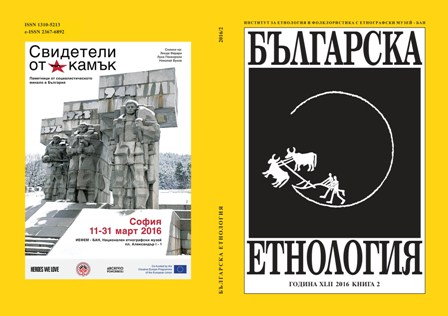
We kindly inform you that, as long as the subject affiliation of our 300.000+ articles is in progress, you might get unsufficient or no results on your third level or second level search. In this case, please broaden your search criteria.

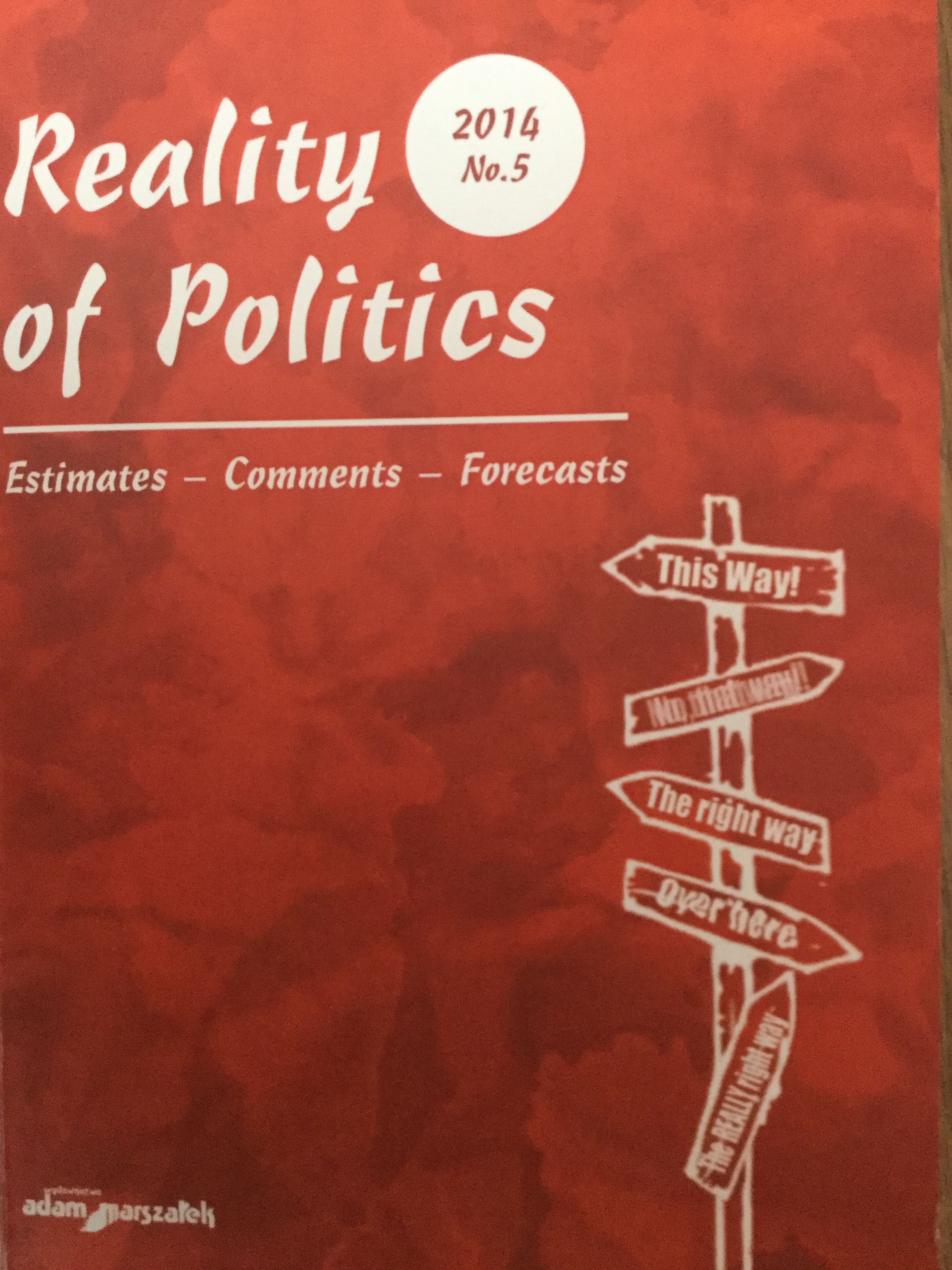
In order to describe the environment surrounding us, so complex in terms of relations resulting from using violence, we easily employ terms such as 'partisan' or 'militant', just in order to define the very same ones as terrorists a while later. Probably the benchmark of contemporary description, especially of political action is the lack of clear-cut attitudes. Terrorism is nothing new, and this statement in itself is not very revealing. However, for many contemporary researchers of this issue, there is never too much information. Terrorism has always accompanied the history of oppressive regimes as well as resistance movements and uprisings. All the same, within the anti-colonial insurrectionary movements of the mid-20th century which led to the fall of European colonial empires over a short period of time, terrorism achieved new quality. It should also be emphasized that it achieved considerable political successes compared to the social-revolutionary terrorism of the late 19th century. The attribute 'terrorist' serves as an excluding one in different relations. By employing such term, one that their cause is an unconventional one – leastways as long as specific ways of using violence are applied. On the other hand, groups classified as terrorist ones often describe themselves as partisans who are fighting for the liberation of certain social or ethnic groups and who have to employ “unconventional” methods of using force because of the military superiority of the oppressive regime. By describing certain actions as 'terrorist' one usually intends on bereaving it of every sort of political legitimation. Is there any aspect that terrorism and guerrilla actions have in common? In certain socio-revolutionary or ethno-separatist strategies of violence, the concept of terrorism consists in the idea of a 'starter' which is to create the conditions to commence the guerrilla war. There could also be groups acting as partisans on one front line, and as terrorists on the other. The example is Al-Qaeda: in Central Asia its network operated only temporarily, as a kind of guerrilla, while in the global scale it employed terrorist strategy.
More...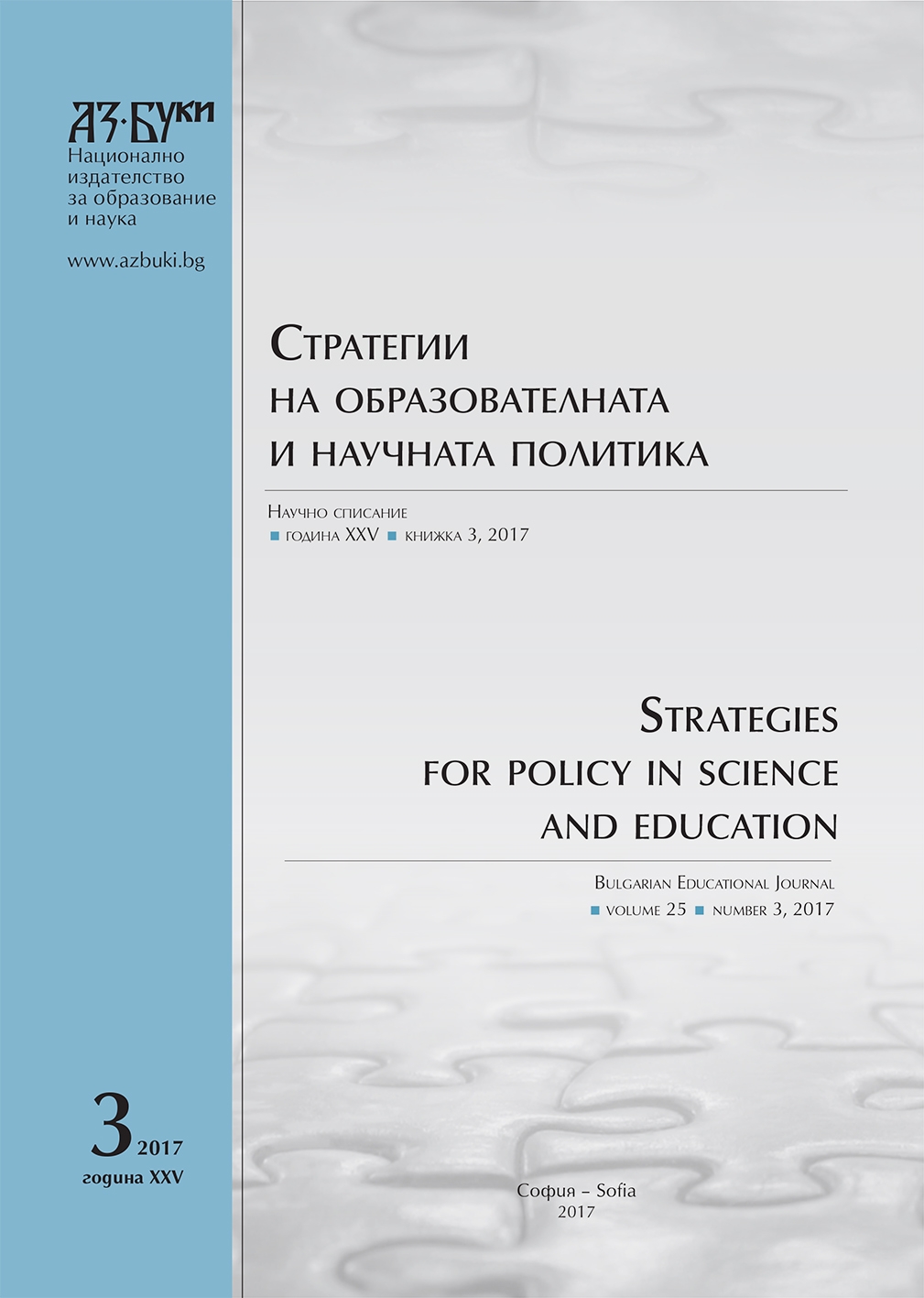
The article draws attention to some aspects of the political culture of the Bulgarian Turks. On one hand, there is a pronounced nostalgia for socialism associated with the individual security and economic stability. On the other hand, the positive assessment of European integration is understood as free access to Western European labor markets. How does the “economic” factor influence the political culture of this population at the beginning of the XXI century?
More...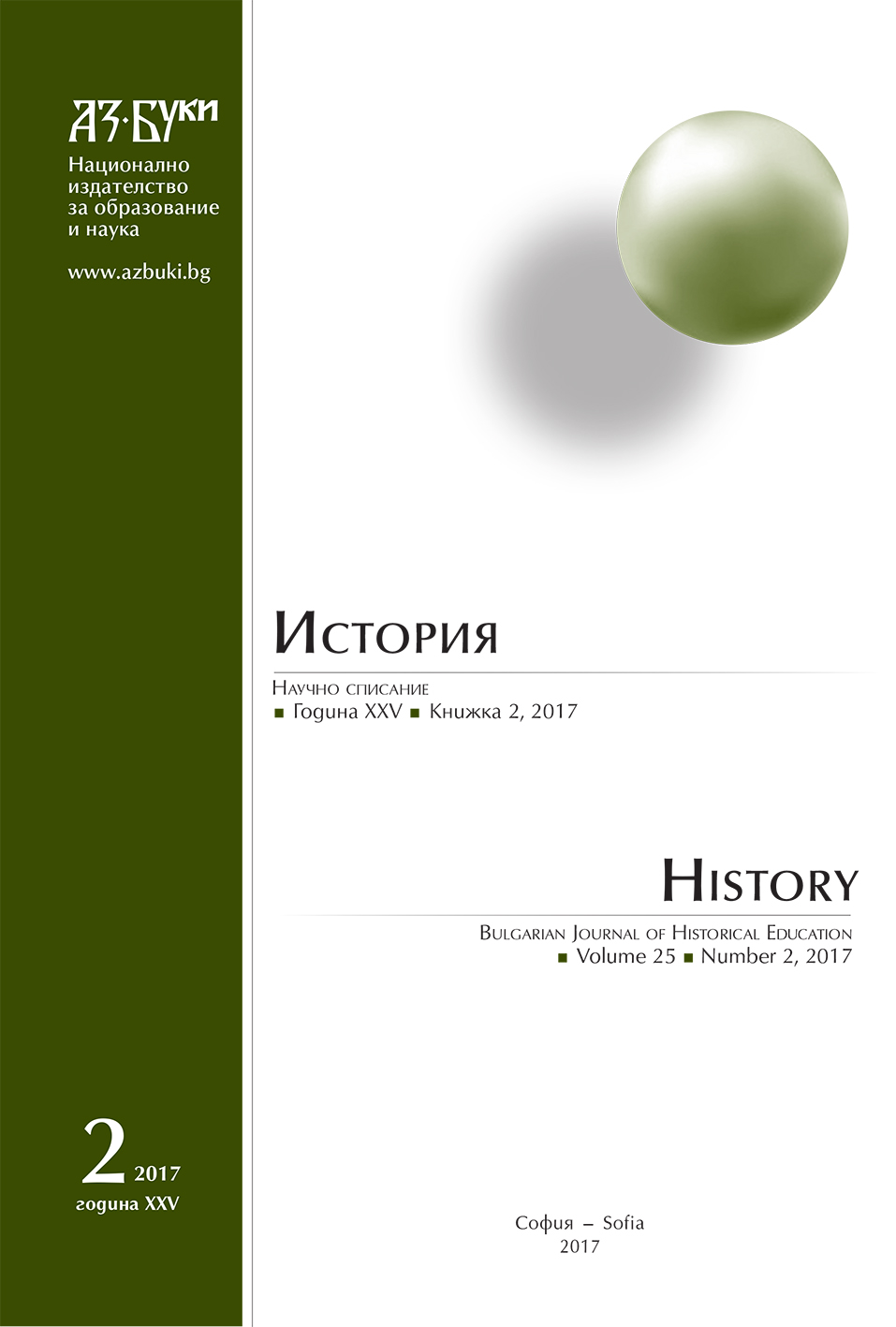
The Migration of Muslims to Western Europe attains significance after the World War II, because in this part of the old continent workers are badly needed for the development of industries of Western European countries. After 1945 till the beginning of XXI century there were five waves of Migration of Muslims to Western Europe. Although the politics of Western countries has some peculiarities towards the Muslims, the end results of this policy builds up parallel communities within the societies of these countries. These parallel communities hinder the integration of Muslims. At the religion the Muslims find a rallying point and the religion serves as a base for creation of Identity. Gradually the Muslims become a political factor because their number increased constantly. On surface arise the question about the integration or disintegration of Muslims. This question is at the center of the political or scientific discussion.
More...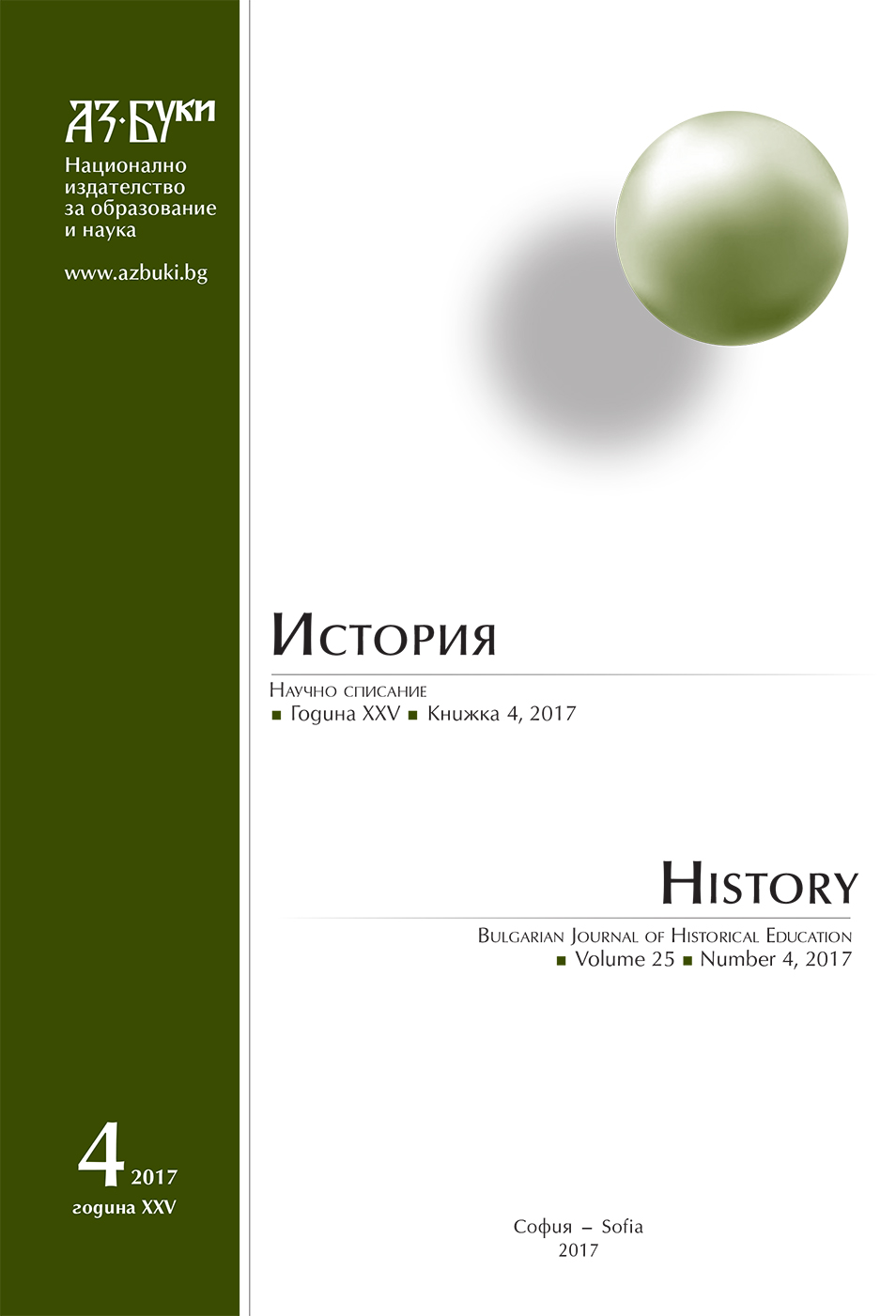
In this article the application of Sharia law over the Muslim population of Vardar Macedonia is demonstrated. The application of Sharia Law form the establishment of Ottoman rule until the end of the Second World War is directly related to functioning of state Sharia courts. In this era the Sharia law is part of the positive law. With the change in the historical and political context in the aftermath of First World War, the Sharia court have been included in the Yugoslavian secular state as a structure, relatively independent form the Muslim religious authority, which is based on principles of spiritual hierarchy. Its application have had a positive impact, preserving the Muslim population`s identity. After the Second World War the Sharia court are dismissed. From the legal-normative point of view it is not possible to state that this is Sharia law, because there is a lack of state coercion, which is one of the prerequisites to talk about law. After this point, the essence of sharia ruling is preserved via moral relations and obligations, customs and traditions and the work of the religious institutions as well.
More...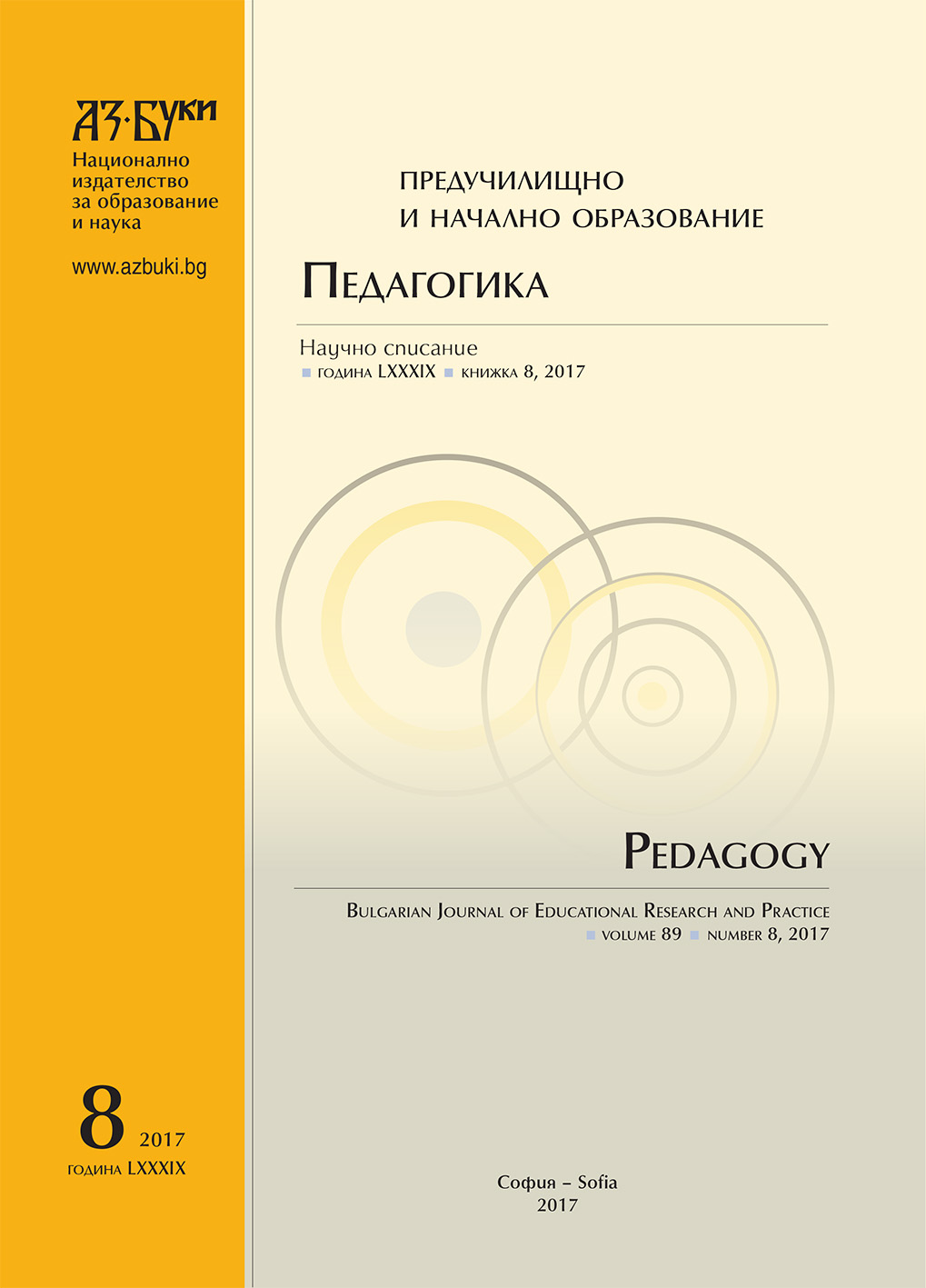
Through the theoretical rationale and the sharing of innovative Pedagogical practice of the circle “The Reading Student, The Reading Child” – University of Veliko Tarnovo, Faculty of Pedagogy proves the possibilities of Non-formal education to turn the reading in elementary school age into a key for harmonious multidimensional building of the child’s personality.
More...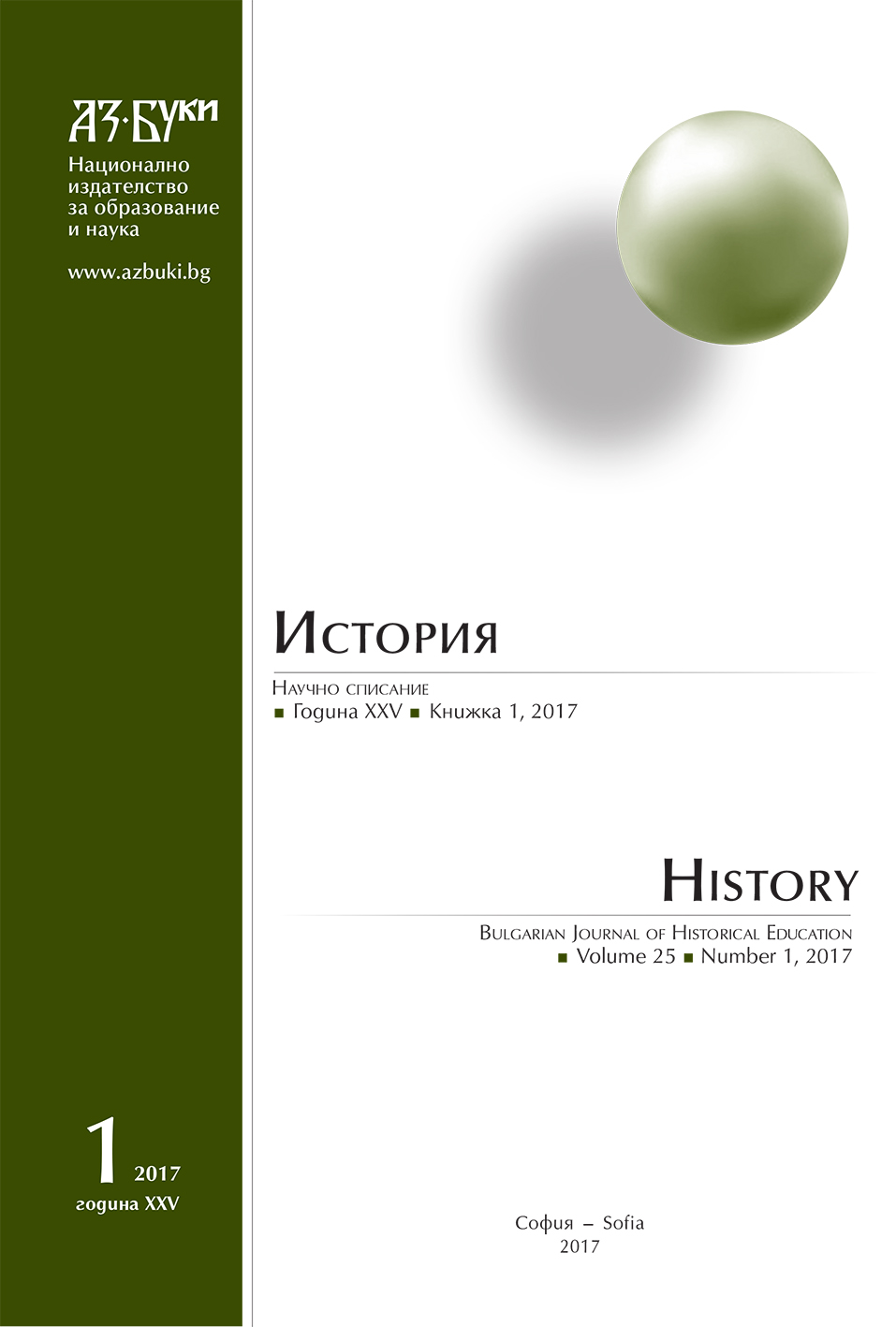
This article aims to trace the migratory movements of Bulgarian population from the Western Outlands to Bulgaria from the Spring of 1941, when as a result of the accession of Bulgaria to the Tripartite Pact, the country regain some of the ethnic Bulgarian territories lost during the Balkan wars (1912 – 1913) and World War I (1915 – 1918). The main factors that determine the migration process are outlined: economic and financial difficulties; voluntary labor migrations; forced economic mobilization and others
More...
The French Republic supported the spread of republican principles in Europe, but most of these sister republics became a means of controlling occupied lands through a mix of French and local power as client states. This article aims to analyze the outcome of the revolutionary triennium (1796 – 1799), when as a result of the French conquest of the peninsula some republics were established.
More...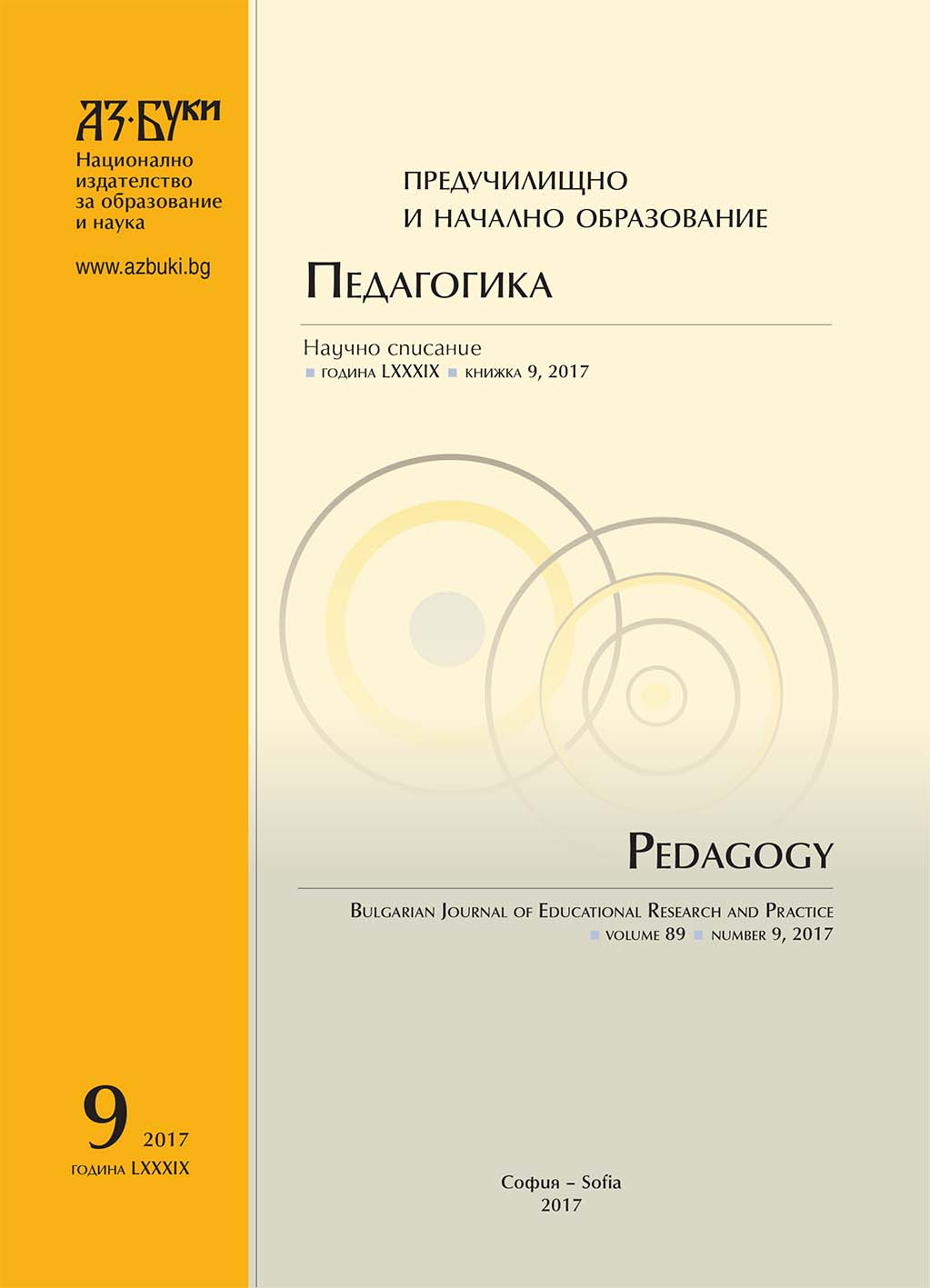
The paper offers a new interpretation on Rousseau in the context of Richard Rorty’s concepts on the philosophy of language and the linguistic turn developed at the end of the 20th century. The classical interpretation of Rousseau’s ideas of freedom in view of upbringing as a rule juxtaposes nature and culture. The present paper argues that this opposition can be overcome through the application of the metaphor approach to both upbringing and the value-neutral character of language. In this sense the question to be answered is how the languages of the teacher and of the student co-exist in Rousseau’s ideas and what the mechanism is that turns these languages into means of upbringing. The research employs arguments in favour of the hypothesis that in terms of the metaphor of “upbringing” created by Rousseau in Emile or on Education, the concepts language of nature and language of society overlap.
More...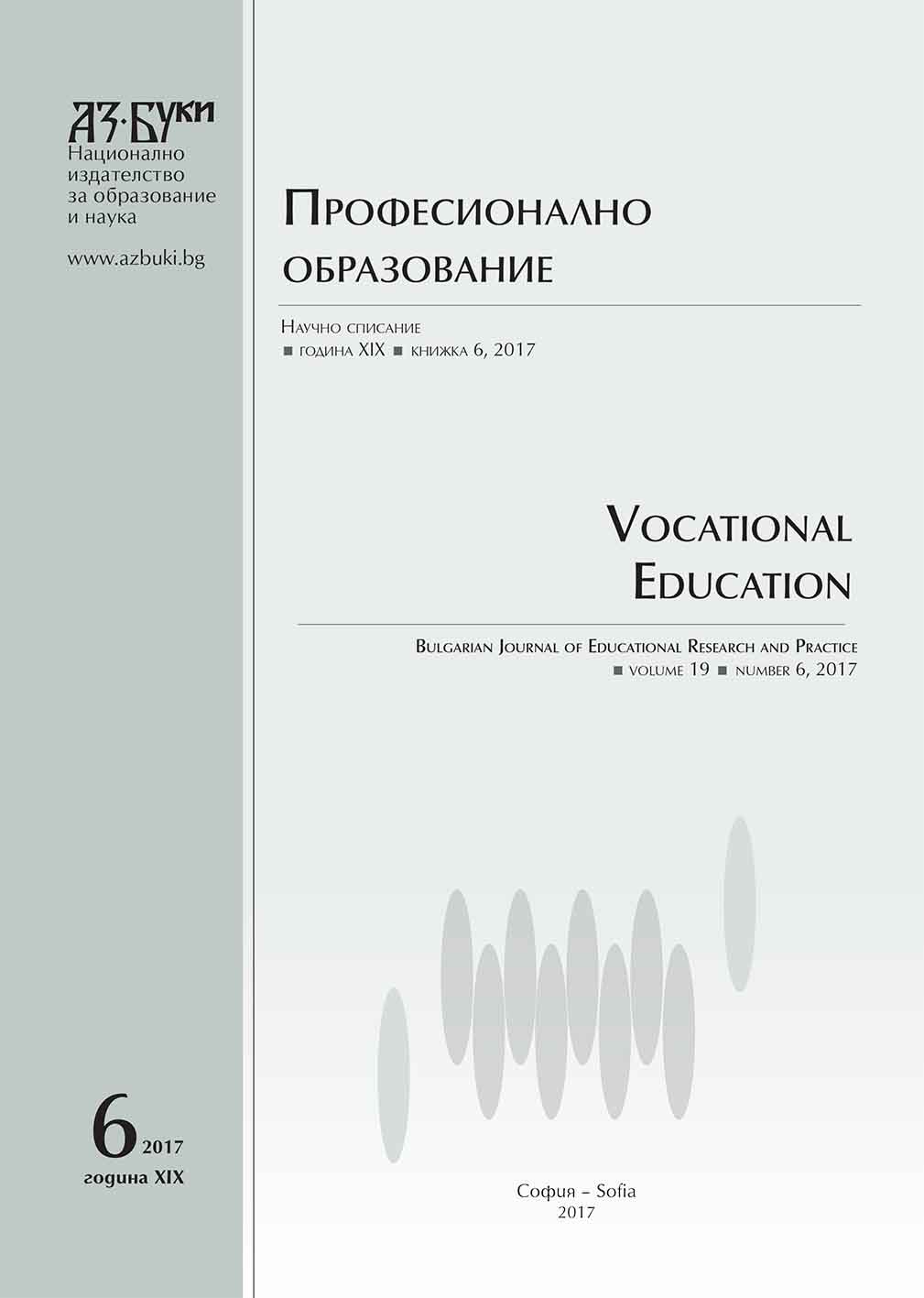
The article sets out to unpack the modes of governance and related policy instruments for steering educational establishments and sport organisations employed by the Sofia municipality Department of Prevention, Integration, Sport and Tourism (DPIST). These instigate a process of institutionalization the actions and behaviours of local schools, kindergartens, sport clubs, youth organisations, and various social groups participating in DPIST funded or supported projects and sport initiatives. Four primary modes of strategic steering are identified including coercion, voluntarism, targeting and framework regulation. The process of steering collective actions, policies and resources is premised on creating a system of institutionalized rules. In fact, such a process takes hybrid forms. The key mechanism for achieving both the strategic and sport policy intentions of Sofia municipality has been the machinery of project management. It is also demonstrated that the pursuit of the new promoted vision envisaging Sofia as a vibrant city of juvenile, active and innovative people where sport, in combination with education, volunteering and entrepreneurship, is seen as the key means and agent of social change, however, requires a proactive forward thinking and strategic approach. It is directed towards pursuing some future, but still unknown desired state in terms of necessary social time, space and projection. Due to this uncertainty Sofia municipality reasonably has relied on a set of already tested in the social practice sources of reasoning and mechanisms of cognitive knowledge and social interventions.
More...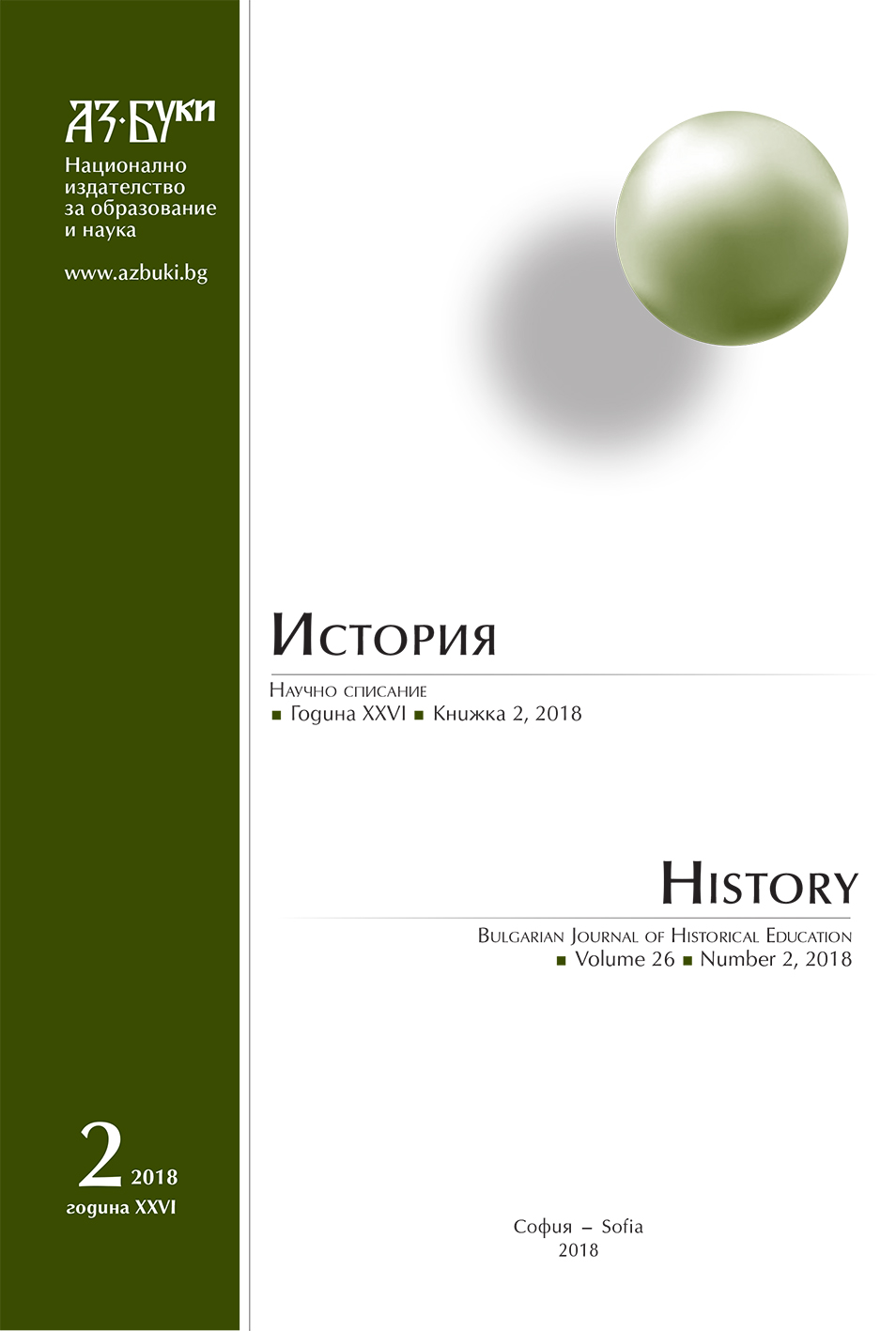
On the basis of unpublished source material, the present text attempts to reconstruct the administrative procedures through which the request of the Malaysian Bulgarians living in the villages of Kodjubunar and Aladjabaira must be passed before a statuary is issued with permission to build or repair an Orthodox temple.
More...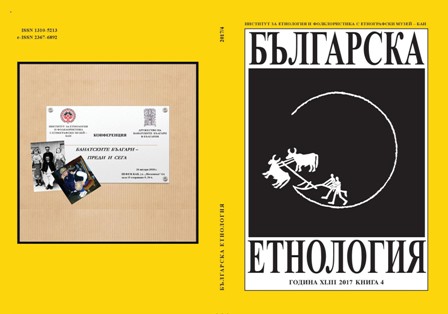
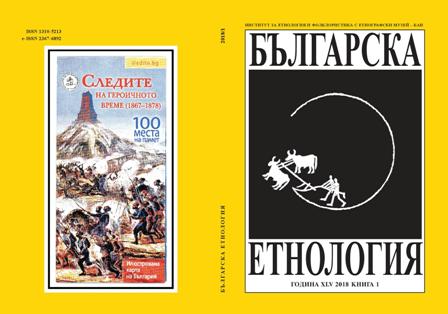
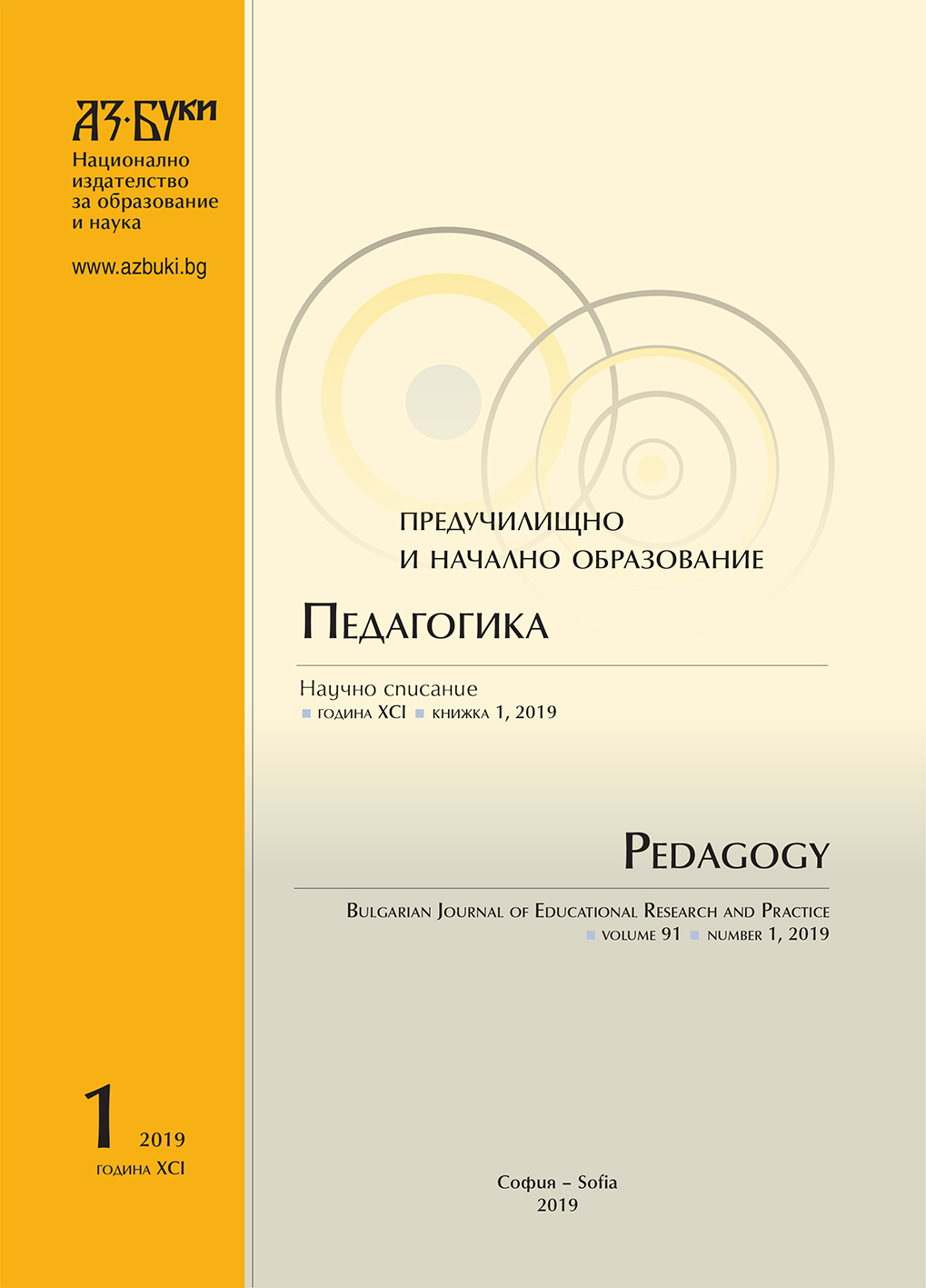
The study is dedicated to the tough fight against child labor and upcoming 20th Anniversary of the adoption of the ILO Convention No. 182 on the worst forms of child labor. The study pays attention to the importance and contribution of this Convention in limiting the worst forms of child labor. In details are examined some of the worst forms of child labor with the attention to the criminal law protection of the child against the child trafficking, trafficking in children, sexual exploitation of children, child pornography and others in the sense of Bulgarian law. Through this study, the author concludes that Bulgarian criminal legislation is taking care and measures to deal with this growing problem in the conditions of a global economic crisis.
More...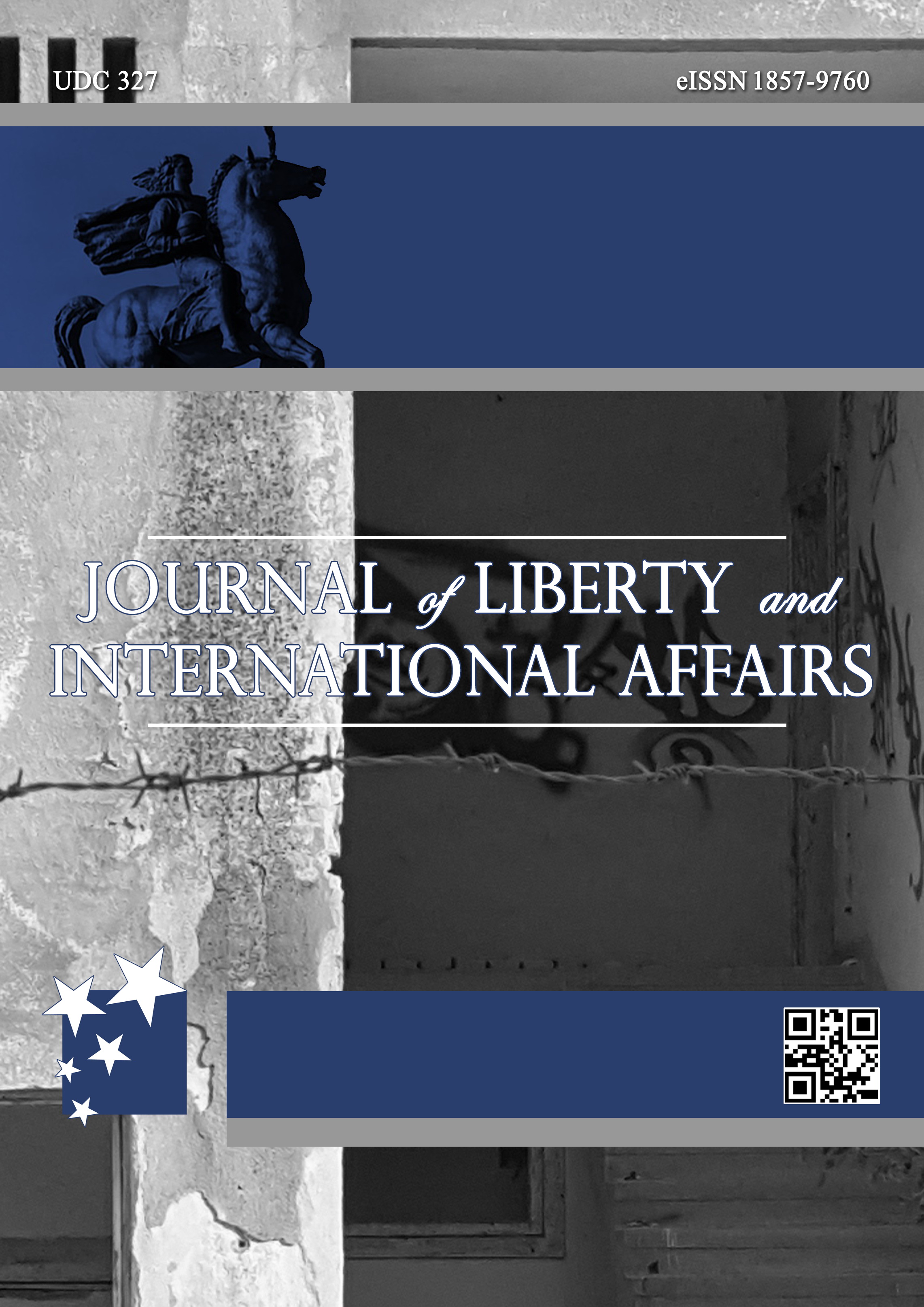
Voucher system of education implies the use of vouchers as instruments of financing public and private education. Unlike the traditional ways of financing education, the voucher system creates the assumptions for increasing the freedom of choice regarding educational programs within different levels of education. Paper will use scientific methods of systematization and analysis of existing literature regarding school vouchers, in order to give a critical review of the influence of vouchers on increasing the competitiveness of education. The paper will also present the results of the research of student and parental attitudes about towards voucherization of education. Research sample includes respondents from Bosnia and Herzegovina, Republic of Croatia and Republic of Serbia. Along with the conclusion, the paper also offers some recommendations regarding the use of vouchers for the improvement of local education systems.
More...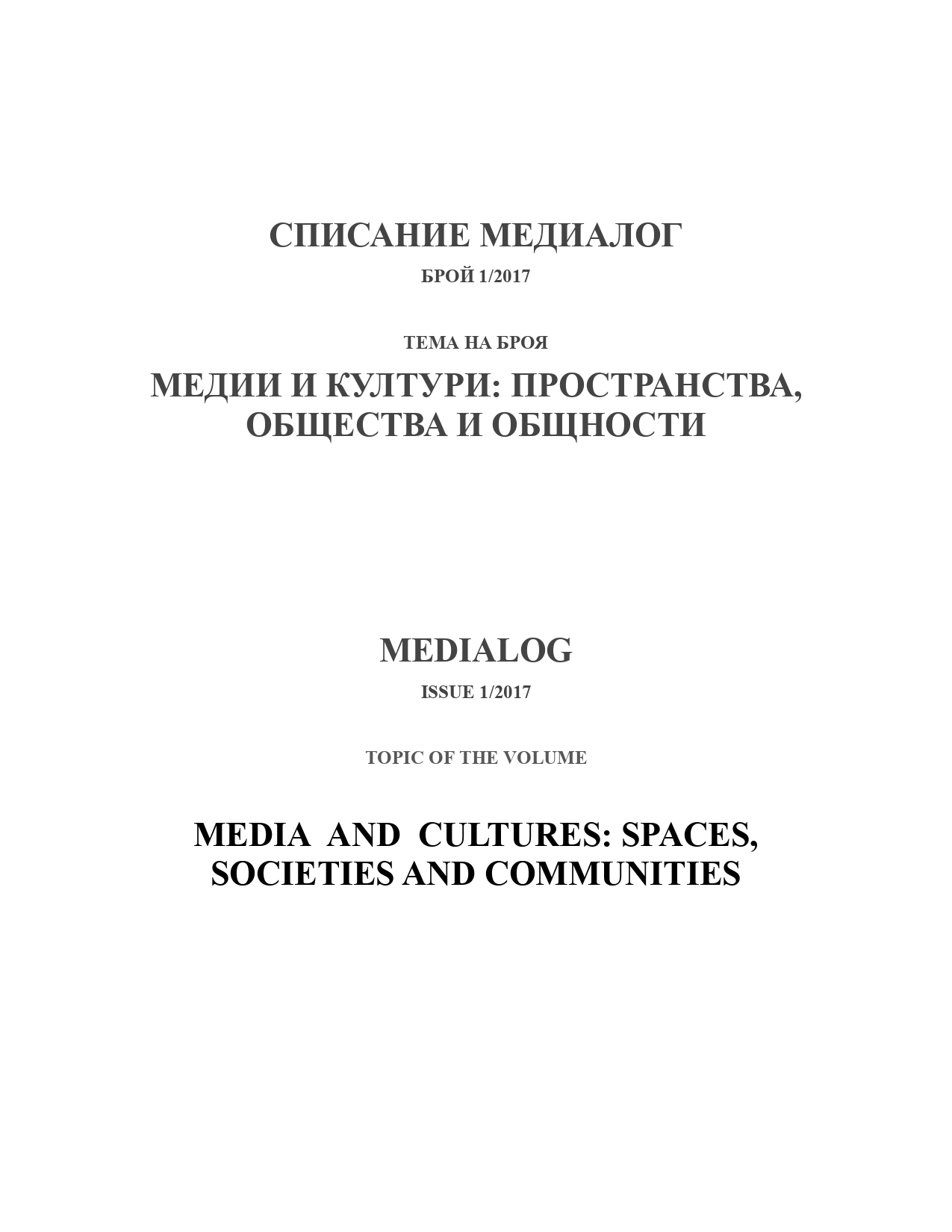
The introductory article of the first issue of 'Medialog' journal presents the new academic journal, part of a new media culture portal. 'Medialog' is a journey into the media worlds. 'Medialog' is an invitation to dialogue addressed to academic researchers and university lecturers, PhD students and students; to all who are curious to understand something more and different about media, communications and culture.
More...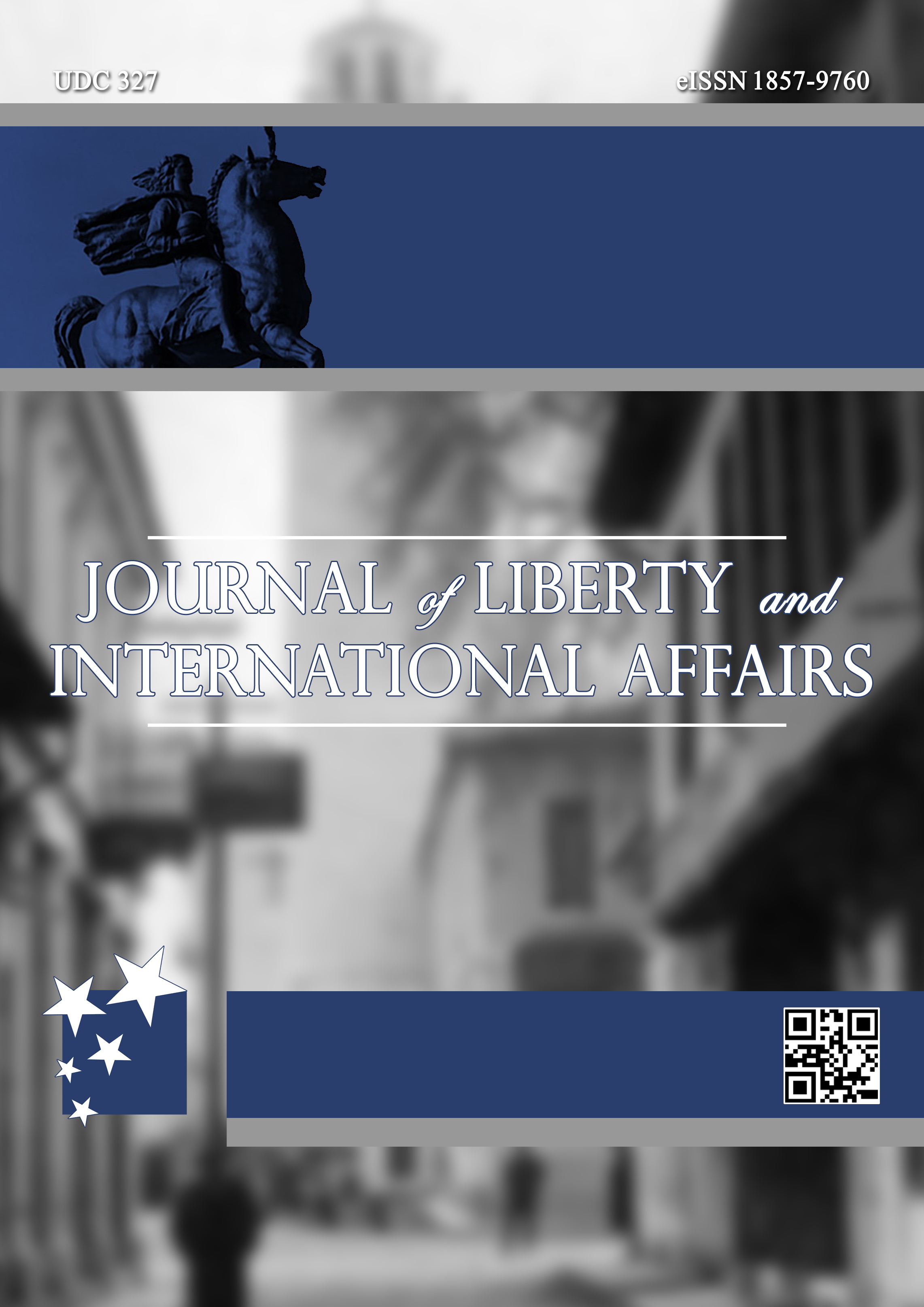
This article aims to explain citizens’ support for the Law on the Use of Languages (LUL) through their demographic characteristics, political participation, party affiliation and ethnic belonging. We base this article on an empirical ordered logistic regression models using an original database of 669 Macedonian respondents. We compare the support of Macedonian public for the LUL with the support for the general idea of promotion of the use of the languages of the non-majority ethnic communities in Macedonia. We argue that both the support for promotion of minority languages in Macedonia, as well as the support for this concrete Law depends mainly on citizens’ ethnicity and party affiliation. We find statistically significant opposition for the LUL among the ethnic Macedonians, the (Macedonian / mainstream) opposition parties, the participants in the so called ‘For a Shared Macedonia’ initiative, and those whose mother tongue is a minority language other than the Albanian.
More...
The politics of godfatherism and regionalism has become a phenomenon in the political development of many nations Nigeria inclusive. The paper examined the determinants and impacts of politics of godson and regionalism in Yobe state. Indeed, the politics of godson or the elites have entered every hook and crannies of the state and have affected the political arrangement of the political system. The paper is qualitative in nature, data were generated from secondary sources where several related articles, newspapers, magazines, books were consulted etc. In explaining the topic under study, the researcher adopted Elite theory. This theory was propounded by Vilfredo Pareto in 1935, the postulation of the theory is that elites could only be replaced by another set of elites, meaning that the majority are unavoidably governed by the minority. The study found that the politics of godfatherism courses and affect the political development of Yobe state by restricting power in the hands of the few, in a specific geopolitical zone of the state. This has leads to inter-party and intra-party defections, decamping and conflicts among the party members. Therefore, the study recommends the adoption of the direct primary election in chosen candidate in all level of governance. INEC should also make a law that will discourage money politics and punish culpritinvolved in such an illegal act. To minimize the politics of Godfatherism, there is a need for political awareness campaigns on the effects of political godson on the political development of the state.
More...
This article describes the main challenges that the European Union is facing over the last years. It also analyzes the European Integration process and the emergence of the European Union. European integration process began after the Second World War. European politicians realized that “the old continent”, which was destroyed and razed to the ground, needed unification in order to play more important role in the bipolar international system. The European integration was a step by step process, which reached its culmination after signing the Maastricht Treaty in 1992, when the European Union was formally established. The European Union created very favorable ground for free movement of people, goods, services and capital within the internal market. Despite these positive developments, new threats emerged over the last years that can put an end to the European integration process. From these threats and challenges, particular attention is dedicated to Britain’s exit from the European Union (Brexit), rise of radicalism and populist parties, migration crisis and a heightened terrorism threat.
More...
The main objective of this article is to analyze the impact of Ankara’s reference to the legacy of the Ottoman Empire on contemporary Turkish foreign policy and the attitude of Poland towards such a reversal in Turkish diplomacy. Turkey is now more aware that it has no chance of gaining European Union membership. In this situation, Ankara has begun to emphasize its Eurasian character and is trying to build its influence in the region, in particular among eastern and southern neighbors. To have a greater impact on its neighbors, Turkey refers to the legacy of the Ottoman Empire. The weakening of Ankara's political relations with the western world is particularly worrisome for Poland, which appreciates Turkey's geostrategic position and its role in the European security system. The greatest concern among Poles is caused by the political and economic rapprochement between Ankara and Moscow. What also disturbs Poles is the fact that Turkey, which had made pro-democratic efforts, is departing from the principles fundamental to Europeans.
More...